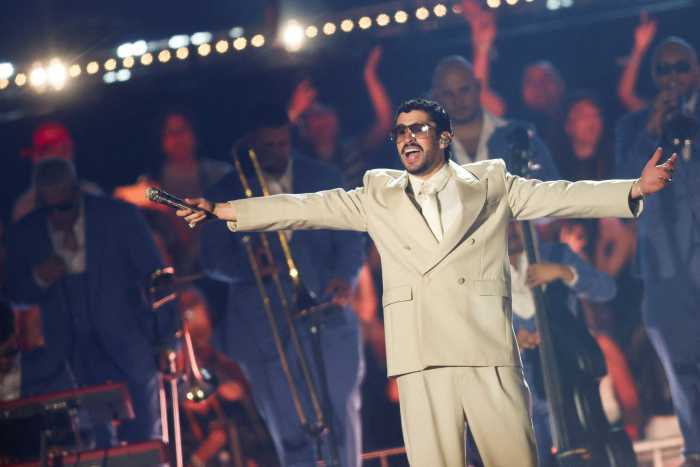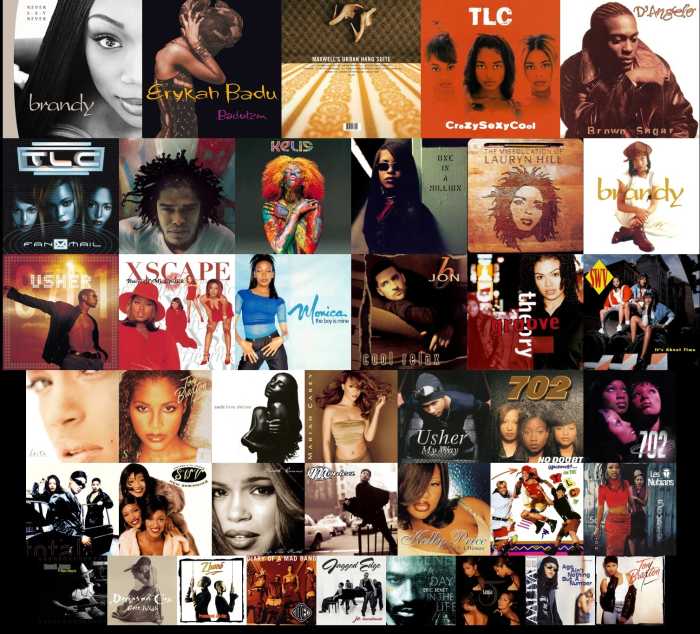When it comes to great subjects for a documentary, it’s hard to do much better than the case of Gilberto Valle, the NYPD officer who was charged and convicted with conspiracy to kidnap, cook and eat women and served 21 months in jail before a judge overturned the conviction last summer.
There’s the abject fascination inherent in this true crime story. Thereas the fact that filmmaker Erin Lee Carr secured an exclusive interview with Valle for “Thought Crimes: The Case of the Cannibal Cop,” which premieres on HBO Monday night, and captures the only footage weave seen of the Queens native on house arrest after his release.
But most importantly, the questions surrounding this case, which used horrifying chats and Google searches made by Valle, get at something essential about the role technology plays in our lives in 2015.
“It’s about who we are online,” says Carr.
The question of whether Valle planned to transform his Internet activity into real-life action is the heart of the whole matter, of course.
What began as a film generated out of “one of the scariest things I’ve ever heard,” as Carr puts her initial reaction to Valleas arrest, became a much more complicated human portrait as she dove into the project.
“I had a revelation that Google is revealing the thoughts that we have in our head,” she says. “It made me look at the case differently. Instead of Gil Valle sitting at his computer thinking about the ways he could abduct people, it was, ‘How do I write this story? How do I want it to look, this realistic story about kidnapping a woman?’ It made it so much greyer.”
Selling Valle and his family on participating in the film took a tremendous amount of work. After going through the bureaucratic motions required to visit anyone in prison, Carr spent nine months speaking with him weekly and getting to know his family.
“He never testified during his trial and a lot of the media coverage had been really bad,” she says. “So when a woman comes, visits him in prison, says, ‘Hey, I want to find out who you are in relation to this case,’ it’s a good opportunity, especially when I was working with HBO, that’s a great pitch … I think even somebody that’s had such a complicated relationship with the press would consider doing it. He was always like, ‘I want to do this for you. I want to make this documentary.’ I was like, ‘Well, it’s really for you. It doesn’t have a lot to do with me.’ I think it was a confusing moment for him. I don’t want to speak for him.”
It shouldn’t be much of a surprise that Carr had the tenacity required to nail down such a complex and elusive subject. The 26-year-old is the daughter of the late, great New York Times media columnist David Carr, perhaps the best in the business at precisely that.
“There was a very intense push to be an intellectual thinker in our daily lives,” she says. “We didnat watch television. We read books. I think he and my stepmom were really formative in turning my twin and me into the thinkers that we currently are. He was relentlessly positive. Told me he loved me every day. Told me how proud he was every day and told me I could do whatever I wanted. I think when you tell a child that, it matters, and I wasn’t scared to jump into the room.”
On TV: “Thought Crimes” premieres on HBO at 9 p.m. Monday night




































